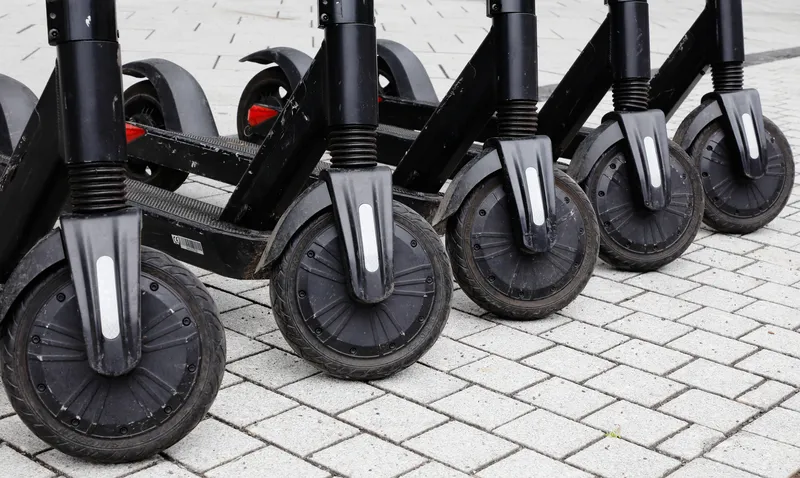
The city of Oslo is billing companies for e-scooters discarded on the pavements and streets of the Norwegian capital.
Norwegian newspaper Dagbladet quotes Arild Hermstad, city councillor for environment and transport in Oslo, as saying: “We have expected that the companies would take social responsibility and that the situation would improve. It has not done so.”
Oslo City Council is keen to be a pilot municipality for stricter regulations.
“We start by collecting and collecting electric scooters that are an obstacle for other road users,” Hermstad adds.
“In order for the companies to get them back, they have to pay a fee. When we have to do the work for the companies and make sure that they comply with laws and regulations, they have to take the bill - not the taxpayers.”
The amount that companies will have to pay to retrieve e-scooters is unknown.
Swedish micromobility operator Voi, which has more than four million scooter riders in Europe, also wants action.
Christina Moe Gjerde, Voi general manager Norway & Finland, says no-one is served by the current situation. She is calling for long-term measures to curb e-scooter dumping - but warns that politicians “only treat the symptoms”.
“We understand that people are frustrated. We hope the city council in Oslo has now opened its eyes to the fact that it must take greater responsibility for the whole,” she adds.
The company is now calling for e-scooter companies in Oslo to establish teams of up to six people who can work shifts to clean up streets where the need is greatest.
It wants each company to contribute to the areas to be cleaned while also splitting the bill based on fleet size.
Lars Christian Grødem-Olsen, CEO of rival e-scooter operator Tier, expressed his support for the initiative while also revealing the company’s plans to “re-park electric scooters that prevent traffic” in three locations: Youngstorget square, the popular Aker Brygge harbour area and the new Bjørvika district east of the city centre.
Problems associated with e-scooters are not exclusive to Oslo. Last Year, Paris restricted the use of e-scooters after broken ones were dumped on pavements, entrances to Metro stations or thrown over bridges into the River Seine.









